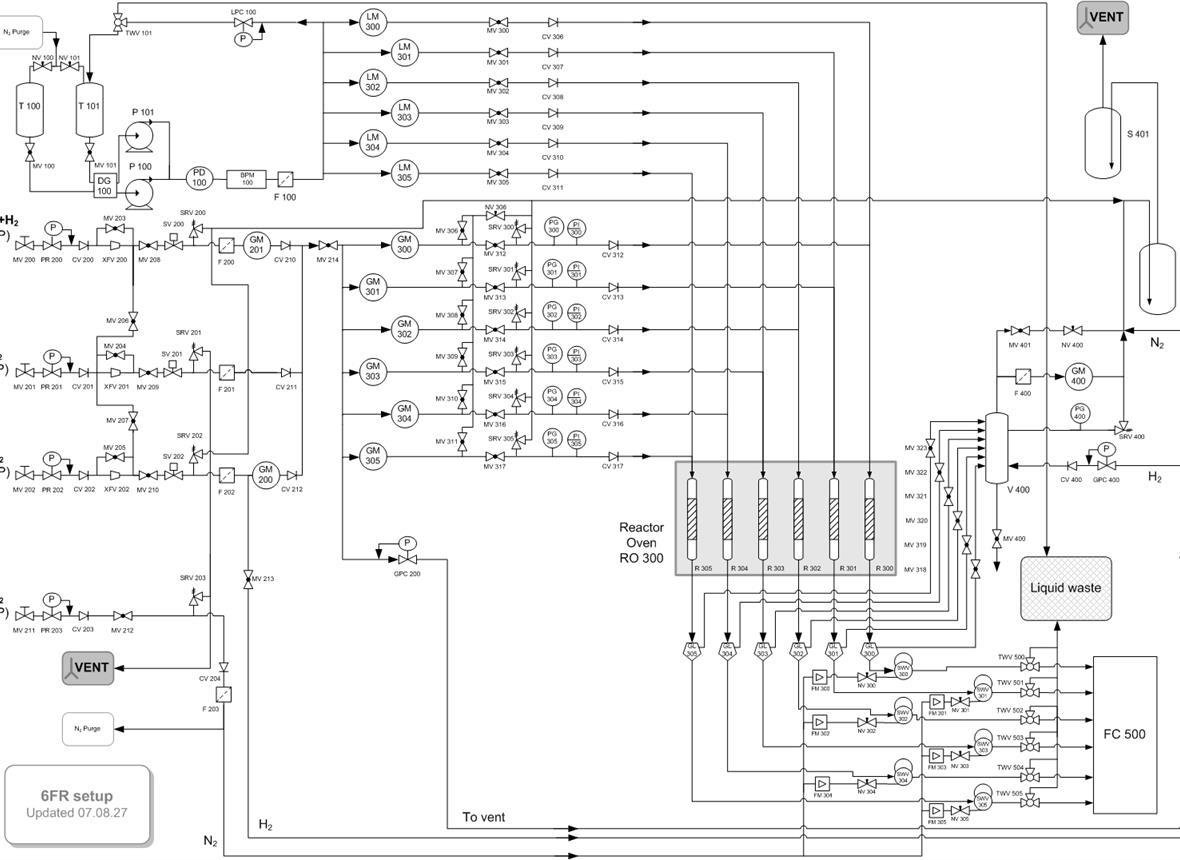Abstract
The upgrading of an aromatic-rich feedstock (pyrolysis gasoline) has been investigated over bifunctional Pt catalysts in order to evaluate the effect of the support on conversion, selectivity and deactivation. The experiments were conducted in a fixed-bed reactor at a pressure of 5 MPa and 350–450 °C. Pt was incorporated into five acidic supports: MFI, BEA and FAU zeolites, and an amorphous silica-alumina (ASA). Their surface properties and acidity were then assessed by means of several characterization techniques and related with their intrinsic activity–selectivity–deactivation. Using high hydrogen pressure (to minimize catalyst deactivation), we report the suitability of several catalysts for different purposes: Pt/MFI19 catalyst for a steam cracker feedstock production, Pt/BEA catalyst for isoalkane-rich gasoline pool manufacture and Pt/ASA catalyst for severe aromatic reduction while controlling the extent of ring scission. The results of accelerated deactivation experiments under low hydrogen pressure lead to the conclusion that MFI-supported catalysts (Pt/MFI19 and Pt/MFI95) yield less coke, but Pt/BEA deactivates to a lesser extent during hydrogenation.
Keywords
FCC
HCE
HPC
